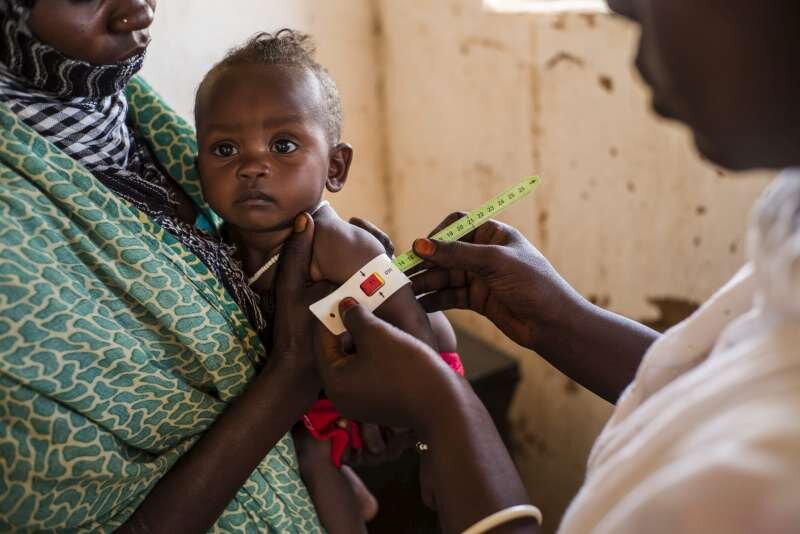- Food Insecurity in Refugee Camps -
By Eric Zeng
Due to political unrest, environmental catastrophes, and economic instabilities, millions of families were forced to flee their homes around the world. Over the years, this refugee crisis has continued to grow larger in magnitude and has caused the displacement of 26 million refugees by the end of 2019, according to the statistics released by the UNHCR. Among half of them are children. One of the most challenging issues that these refugees are facing every day is the inadequate supply of food. Food shortage has become a growing concern and many refugees are worried if they have enough to feed their own families. Many agencies are involved in helping refugees combat food insecurity. Among those agencies, the most impactful is the World Food Programme (WFP).
Founded by the United Nations in 1961, the World Food Programme is the largest humanitarian organization in the world. In 2019, WFP has provided food assistance to 100 million people in more than 80 countries and is expected to feed up to 138 million this year. However, even though this seems like a big number, it is still a long way from feeding everyone. On top of the growing need for food distribution, there is also a coronavirus pandemic which caused even more problems on an already complicated issue. For example, WFP reduced support to Cameroon refugees for the month of May and June due to underfunding. The same thing happened to Nigerian and Ugandan refugees where they both have seen a reduction in rations due to lack of funding as well. Coincidently, food prices also went up drastically as the global economy collapsed, turning away those who cannot afford basic necessities and causing many refugees to go hungry. Consequently, refugees began to reduce their meal portions or skip their meals entirely which can have lasting impacts on children’s development and growth. According to an article by UNHCR, “More than 80% of refugees in South Sudan are estimated to be resorting to such measures. In some cases, refugees are resorting to begging, transactional sex, or early or forced marriages to be able to afford food.”
The shortage of food is also correlated to malnutrition among refugees. Nayapara and Kutu refugee settlements in Bangladesh have shown a malnutrition rate between 16 to 22 percent in 2007. Although malnutrition rates have seen improvement over the years, it still remains to be one of the top concerns. In other areas like the Klalela camp in Uganda, the malnutrition rate sits at 21 percent which is the highest in the world. The limited amount of food available in these camps is a harsh reality for these people as the majority have to rely heavily on rations provided by the WFP and have no money to buy food. Most even skipped breakfast due to scarce supply and have to go hungry for an extended period of time.
Inadequate nutrients can cause many serious problems such as weight loss, decrease in bone density, and loss of muscle mass. Food is even more important for children because they are undergoing significant growth and development. One malnutrition disorder caused by the lack of protein and calorie intake is called kwashiorkor and it is characterized by edema in the belly, feet, and ankles. Other symptoms may include diarrhea, fatigue, and loss of muscle mass. Another disease similar to kwashiorkor is called marasmus which is also caused by inadequate calories and protein intake. However, the main difference is that people with marasmus appear extremely underweight without edema present in the abdomen. Both diseases are very common in refugee camps where people have limited access to food. The best treatment for these diseases is to supply them with the proper nutrients and calories which is why it is so important for us to do what we can and feed these families.
As the refugee crisis impacts people around the world, the struggle for food continues to be one of the most challenging issues they are facing every day. From the constant stress of leaving their homeland to worrying about the future of their safeties, the shortage of food only adds to the mountain of uncertainties they face. The number of refugees is expected to increase in the near future and it is more important than ever that we do something about it. We, in the GRMR community, are committed to helping refugees locally and abroad in order to secure a bright future for all refugees.
Sources
https://www.wfpusa.org/explore/impact-page/
https://www.theguardian.com/lifeandstyle/2008/apr/27/healthandwellbeing.foodanddrink
https://www.healthline.com/nutrition/malnutrition#definition



